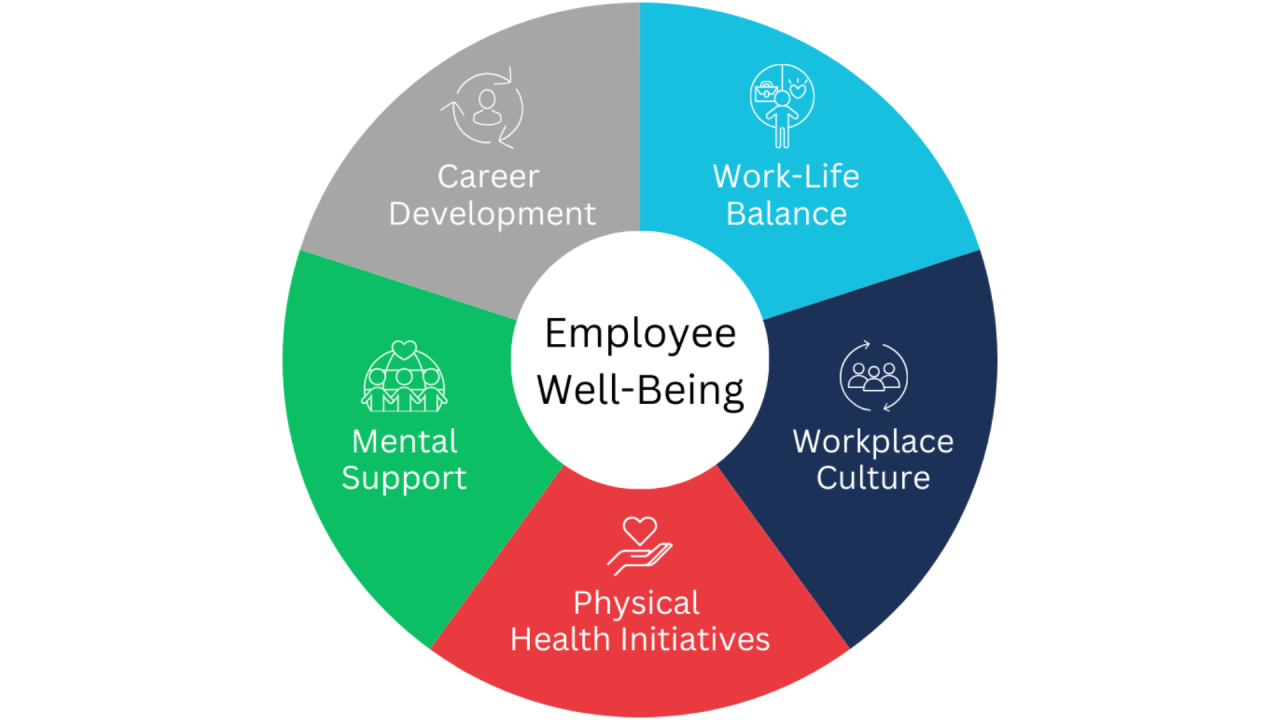Mental health is one of the key determinants of successful organizations these days. Mental health and its correlation with business performance is now taken as seriously as organizations recognize that employee health directly impacts productivity, creativity, as well as general workplace environment. Mentally supported employees perform all the better and contribute to a healthy workplace environment. Conversely, poor mental health can translate into increased absenteeism, decreased concentration, as well as increased turnover rates. In this article, we examine the correlation between business performance and mental wellness, including why mental health matters, how it impacts employee productivity, and how organizations can support building healthy environments. By focusing on mental wellness, organizations can build stronger teams and achieve sustainable success. Focusing on this correlation is important to leaders aiming at building healthy, resilient organizations.
Why Mental Health Matters
Many workers suffer silently with their mental health, feeling overwhelmed, stressed, or anxious. This emotional toll all too often goes unobserved at office, causing feelings of isolation and fatigue. Neglecting mental health has a cascade effect: workers will suffer lowered motivation, struggle focusing, and a sense of burnout. This occurs not merely on their well-being, but overflows into team performance and productivity. In organizations, neglecting mental health has increased absenteeism, lowered engagement, and an uptick in turnover. By grasping why mental health matters, organizations can build a culture of caring. By treating their employees as worthy of caring about their mental wellness, employees will gladly even more enthusiastically thrive, contribute enthusiastically, and stay loyal. An open conversation about mental health helps erode stigma and establishes an environment where one can approach getting help without fear. Treating mental wellness as important is as much about caring as it is about creating successful, healthy organizations.
Effects on Employee Productivity
Supporting mental wellness in the workplace directly boosts employee productivity and engagement. When employees receive the care and resources they need to manage mental health challenges, they are more focused, motivated, and creative. Companies that prioritize mental wellness often see lower absenteeism and higher job satisfaction, creating a positive cycle of productivity and well-being.
For employees struggling with specific issues like alcohol use, access to professional help is crucial. Programs such as alcohol addiction treatment provide specialized support that enables individuals to recover while maintaining their roles at work. Offering this kind of assistance demonstrates a company’s commitment to employee health and fosters trust and loyalty.
A workplace that integrates mental health support and recovery services creates a safe environment where employees can thrive without fear of stigma. This leads to stronger teamwork, improved communication, and better problem-solving. When people feel supported, they are more likely to bring their best selves to work, driving success for both themselves and the organization.
By focusing on mental wellness and providing targeted help like addiction treatment, businesses can unlock the full potential of their workforce. This holistic approach is essential for building resilient teams capable of meeting today’s challenges with energy and creativity. Supporting mental health is an investment that pays off in productivity and long-term success.
Reducing Workplace Stress
Managing stress in the workplace is key to improving mental wellness and business success. Here are some simple tips to help reduce workplace stress:
- Encourage regular breaks to prevent burnout and improve focus
- Promote open communication to address concerns early
- Offer flexible work schedules to support work-life balance
- Provide access to mental health resources and counseling
- Create a positive environment with team-building activities
- Train managers to recognize and support employees facing stress
These strategies help create a supportive workplace where employees feel valued and empowered. Reducing stress not only improves mental health but also boosts productivity and job satisfaction. Implementing these tips fosters a healthier work environment that benefits both individuals and the company as a whole. Prioritizing stress management is essential for building a thriving business.
Building Supportive Environments
One company recognized the impact of mental wellness on business success and took deliberate steps to create a supportive environment for its employees. They introduced mental health resources, flexible working hours, and regular check-ins with management. Employees reported feeling more comfortable discussing their challenges and appreciated the openness of leadership.
As a result, the company saw a significant drop in absenteeism and a boost in overall morale. A recent internal survey found that 78 percent of employees felt more supported in their mental health needs after these changes were implemented. This shift led to higher productivity and stronger teamwork across departments.
Experts agree that when organizations foster environments where mental wellness is prioritized, employees are more engaged and motivated. Training managers to recognize signs of stress and providing confidential support options helps break down barriers to seeking help.
Creating a culture of support is about more than policies—it’s about building trust and showing genuine care for employee well-being. Companies that succeed in this area often experience lower turnover and improved performance.
This case study illustrates how intentional efforts to support mental health can transform workplace culture. Businesses that invest in supportive environments not only improve employee lives but also strengthen their bottom line. Embracing mental wellness as a core value is a smart strategy for sustainable success.
Common Questions About Mental Wellness in Business
Why is mental wellness important for business success?
Mental wellness is important for business success because it directly affects employee productivity, engagement, and overall workplace morale. When employees are mentally healthy, they perform better, communicate more effectively, and contribute positively to the company’s goals.
How can businesses support employee mental wellness?
Businesses can support mental wellness by offering access to counseling services, promoting open communication, providing flexible work options, and implementing wellness programs. Training managers to recognize signs of stress and encouraging a stigma-free environment also helps employees seek the support they need.
What impact does workplace stress have on employees?
Workplace stress can lead to burnout, decreased motivation, and higher absenteeism. It negatively affects focus and job satisfaction, which in turn impacts overall business performance. Managing stress is key to maintaining a healthy and productive workforce.
These answers help readers understand the significance of mental wellness in business and provide practical ways to foster supportive work environments that lead to success.
Fostering Mental Wellness for Success
Mental health and its impact on commercial performance can’t be overestimated. Placing employee mental health at the forefront and creating healthy workplace environments unlocks greater productivity, motivation, and resilience. Taking action on alleviating pressures, providing support, and fostering free communication builds healthier teams able to tackle challenges. Place mental health at the center of your commercial strategy and watch how it enhances your workplace culture and achieves sustainable outcomes. Seize this focus now and create a healthier, performing organisation.



